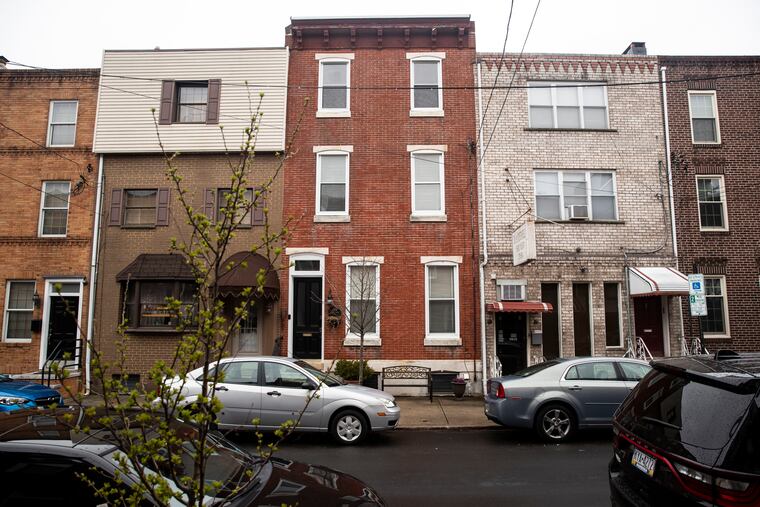New Pa. bill would make it harder to rent out your home and jeopardize your privacy | Opinion
With travel and tourism hit especially hard by the pandemic, this Pa. bill is poised to do more harm than good.

In September of last year, The Philadelphia Inquirer reported that out of the approximately 188,000 people working in travel and tourism in Philadelphia, 37% — 70,300 employees — were unemployed by June 2020. This is a staggering loss for an industry and city that experienced ten years of straight growth.
As we look to turn a corner from the pandemic this year, travel and tourism will be key to jumpstarting Pennsylvania’s economy. Yet Rep. Doyle Heffley (R-Palmerton) has proposed House Bill 976 that would create an unprecedented and unworkable registry requirement for short-term rental platforms and online travel agents that would disincentivize Pennsylvania homeowners from offering their homes as short-term rentals. This move would minimize or eliminate all of the economic benefits that travelers bring to communities. Most concerning, however, is that the bill would jeopardize the privacy and protection of the personal information of thousands of Pennsylvanians.
Rep. Heffley’s justification for introducing this bill is to ensure that counties collect all taxes they are owed on short-term rentals. However, this bill fails to document any issues with the current tax agreement between short-term rental platforms and the Commonwealth, as short-term rentals are complying in full with applicable tax laws. This bill is simply an anti-competitive attempt by the hotel lobby to harm short-term rental platforms and Pennsylvania homeowners who choose to participate in the short-term rental economy.
HB976 requires the platforms to hand over a list of all individuals who offer their homes on short-term rental platforms. The bill fails to include any type of framework that will protect user data by defining parameters around its access and storage. It fails to establish or even mention protocols for the transfer of records from the state to counties and counties to local jurisdictions. And most egregiously, it fails to confine the scope of usage for the data once it is transferred from governmental entity to government entity.
In a meeting my colleagues and I had with Rep. Heffley and representatives from the Pennsylvania Restaurant & Lodging Association (PRLA), all of them acknowledged that the data could and probably would be used for purposes beyond tax compliance verification — yet none of them seem to be concerned that these lists could be used as a virtual witch hunt for hotels and other anti short-term rental advocates.
Recent polling by Travel Tech found that 73% of respondents plan to travel in-state and 64% believe short-term rentals are a valuable alternative to hotels when considering safety precautions — an issue paramount to traveling in current conditions. One in three indicated that they plan to stay in a short-term rental in 2021. If this bill is passed, Pennsylvania could lose a significant number of short-term rental listings due to residents worried about their privacy being compromised, eliminating an important lodging option for in-state and out-of-state travelers in Pennsylvania.
The proposed requirements also potentially violate federal law. Requiring short-term rental platforms to provide the Commonwealth with a list of all owners, hosts, operators, and addresses of homes offered for rent on their platforms is a clear violation of The Stored Communications Act, which protects data and governs access to stored communications and records. This requirement would also violate the terms of service that the leading short-term rental platforms have with their customers.
The travel and tourism industry is a vital part of Pennsylvania’s economy. In the Philadelphia metro area alone, tourists spent $7.6 billion in 2019. Touring Independence Hall, seeing the Liberty Bell, and posing like Rocky after climbing the steps of the Philadelphia Museum of Art are just a few of the incredible attractions that bring tourists to this great Commonwealth. Now is not the time to burden this economic engine with overreaching and unnecessary regulations - especially if it will lead to fewer accommodations options in Pennsylvania for travelers.
This proposal endangers the return of the Commonwealth’s indispensable tourism industry and the jobs that go with it, as well as the private data of Pennsylvania residents and small businesses. After over a year of unprecedented hardship, imposing new regulations on Pennsylvania tourism will only hinder the economic growth and recovery we all so eagerly anticipate.
Steve Shur is the president of the Travel Technology Association.